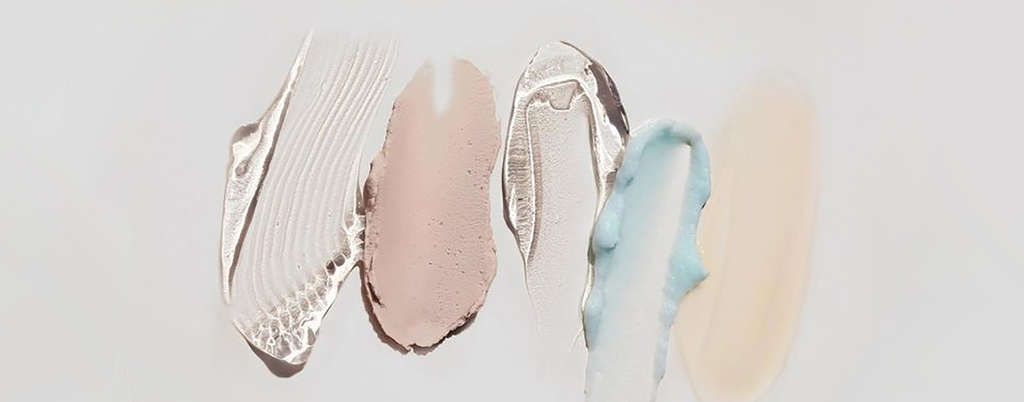Back to basics: Focus on essentials
With a pandemic forcing us to stay inside, health has become a priority. Beauty, not really. Especially luxury cosmetics seem non-essential for a lot of people. The consumer focus is on hygiene basics, in particular soap and hand sanitizer. These personal care items have seen the highest increase, confirmed market research company NPD UK and the American platform for consumer insights, Poshly. As did hand creams; to compensate for the drying effect of alcohol-based hand sanitizers. Luxury groups like LVMH, Estée Lauder, Clarins, and Coty have repurposed their production lines of prestige cosmetics to make hand sanitizers. Brands like The Body Shop, Lush and L’Occitane promote their hygiene products while publishing tutorials on how to wash your hands. Lush has had the most creative spin however, by creating a record made of soap, that plays Happy Birthday twice - the equivalent of 20 seconds, the recommended time to get your hands clean and germ-free - when popped on a player.
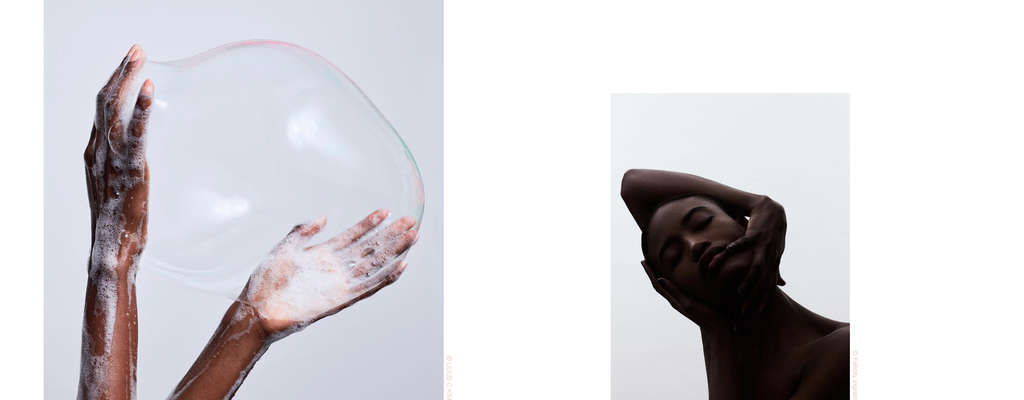
The rise of e-commerce
E-commerce was already booming before the crisis, but when physical stores were closed during the first lockdown, customers massively turned to online shopping. Not only digital natives but also older customers; that were forced to deal with their prejudices, fears, and other hurdles that kept them from ordering on the internet before. Young, digital labels like Glossier have seen their sales increase, whereas the established brands who mainly sell in traditional brick & mortar outlets have had to speed up their online activity or launch their webshop. Huge beauty retailers like the German perfumery chain Douglas and Ulta, the largest American beauty retailer, announced the closing of shops and increasing their e-commerce. Although beauty sales rely heavily on face-to-face contact, e-commerce undeniably has several benefits: it gives brands more control of the retail environment, it’s a goldmine of data, and a direct connection to their customers. The latter especially proved invaluable during the first lockdown to reach out and get in touch with customers. Since physical retailers are open for business again (for now), they have experienced another setback. The strict safety measurements have a huge impact on the shopping experience. As social distancing rules limit the number of shoppers in stores, consumers have to wait in line to enter, often with a limited time slot to discourage browsing. By removing testers - a potential source of bacteria - all the fun and experience of in-store shopping disappeared. In the future the in-store experience will have to be reinvented to lure customers out of their comfy sofa again.
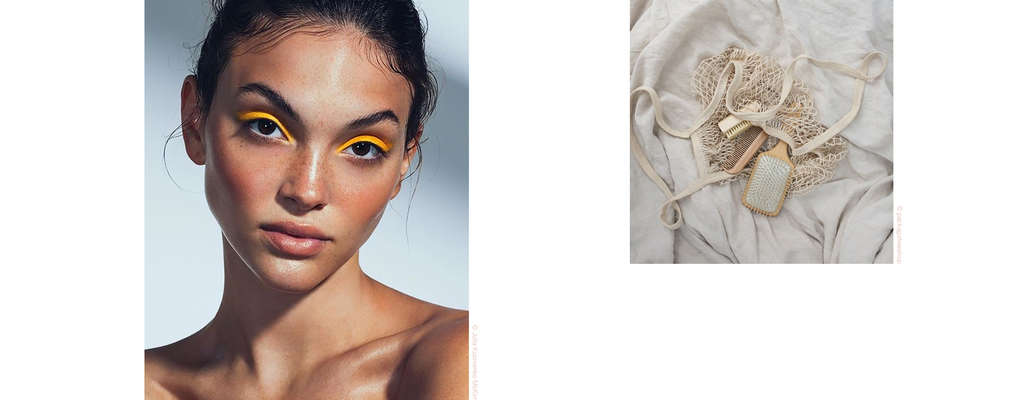
Technology to the rescue
Brands are looking at digital alternatives for testers, both for online and offline purposes. The experience of testing a product can be simulated with Virtual Reality or Augmented Reality. Up until now, these technologies were still looked upon as gadgets for entertainment. Now they might turn into essential sales tools that enable people to experience products and virtually test them before making a purchase. It’s already popular for makeup and false lashes and proves to be instrumental for hair color as well. You can easily wipe off a not so flattering lipstick shade, but it’s a lot harder to get rid of a hair color gone wrong. Big hair care brands like Schwarzkopf and Matrix are already experimenting with apps with this virtual try-on technology. L’Oréal takes it a step further by teaming up with Snapchat to release augmented reality lenses that allow users to try products virtually. Digital technologies will be instrumental in rebuilding consumer engagement, both online and offline. They have changed the way brands connect and communicate with their customers.
That has become even more clear during the first lockdown. Brands organized personal consultations via Zoom to compensate for the lack of physical contact. Beauty, especially makeup, has always been a ‘touchy’ business, where sensoriality and personal contact are considered essential. Several brands (The Ordinary, Valmont, Dermalogica, …) offered free online consultations with their experts giving customers beauty advice and product recommendations.
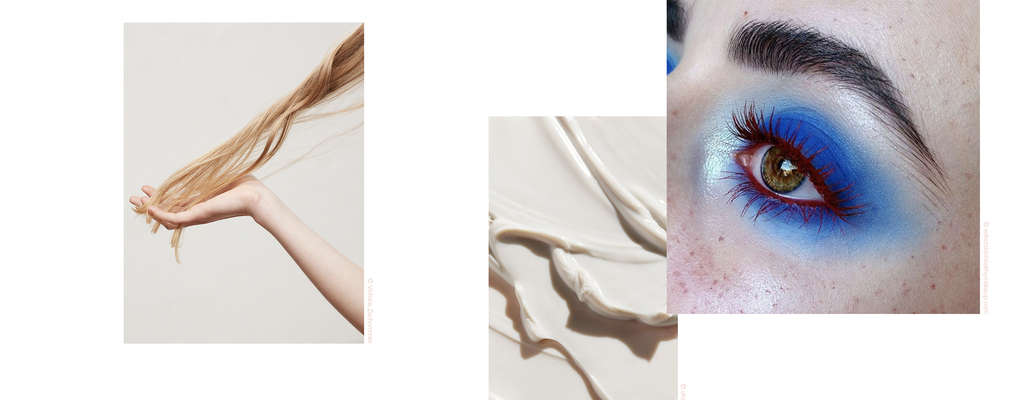
Communication through social media
With lots of people feeling disconnected, having more time on their hands, and looking for distraction, the first lockdown was a golden opportunity for brands to reach out to consumers via their social media channels in ways they hadn’t before. The most successful examples aren’t about product talk but provide relevant content that’s educational, inspiring, or simply fun. Like Rituals sharing self-care tips, meditation sessions, self-massage techniques, and even a playlist in its’ Instagram Feed. Instagram Live also has become popular for masterclasses of all kinds: makeup artists sharing their best looks, perfumers talking about their creations and ingredients, skin experts giving their insights and talking about their skincare routine, etc. Or a fun mix of different activities, like French perfume brand Atelier Cologne who have hosted perfume consultations on Thursdays, DJ sets on Fridays and yoga classes on Saturdays.
The channel that has made the biggest splash for beauty was undeniably TikTok. A platform where generation Z engages in creative mini films, with music, dances, and challenges. One of the biggest beauty challenges with millions of views has been the #TinyFaceChallenge (inspired by mouth masks), where users filmed themselves with their mouths covered, painting tiny noses and lips to give the effect of a shrunken face. Another one was the #passthebrushchallenge, where a group of friends passed on a makeup brush that transforms them in one swipe from barefaced to full makeup. It showed their togetherness in isolation and their beauty with and without makeup. These type of challenges are perfect opportunities for beauty brands to reach generation Z in an organic, creative way. A good example of these challenges is E.l.f.cosmetics, a budget makeup brand that was one of the beauty pioneers on TikTok. They successfully launched the #EyesLipsFaceSafe challenge, to raise awareness for safe practices and proper handwashing. P&G teamed up with TikTok influencer Charli d’Amelio to encourage social distancing through the #DistanceDance.
Brand Activism: corporate philanthropy as part of a business model
More and more consumers look for brands that fit their lifestyles and align with their values. Social engagement and philanthropy have become a standard that will only continue to grow. Many brands have associated themselves in the last couple of years with a cause that fits their DNA: Estée Lauder with breast cancer, Earth Month for Aveda, Garnier with Unicef, …. But during this pandemic, it has become clear that consumers expect more than writing a cheque. They call out brands to actively support and speak up in public discussions, from climate changes to racism, mental health, etc. A study by Google Agency Mindshare has found that 71% of Americans want to hear how brands or companies are taking action against COVID-19. According to the same survey, 65% of people believe brands should commit to making society better. 93 % of consumers want brands to step up and help the most vulnerable and affected communities, like the elderly, the unemployed, and front-line workers. And that’s what lots of brands did: Rituals, Estée Lauder, L’Occitane, etc. has donated free products to front line medical workers to thank and support them. Others focused on helping out their own community, like online makeup brand Il Makiage who have launched a virtual beauty school for which it hired 200 jobless freelance makeup artists to give free online workshops for customers. A perfect example of how giving back and supporting your community can be a win-win for all parties. And how corporate ethics become an element of brand engagement. According to Mark Read, chief executive officer at advertising agency WPP, 80% of Americans are likely to support a brand that has taken action and helped communities impacted by COVID-19. And more than one-third of U.S. consumers are choosing brands they normally wouldn’t.
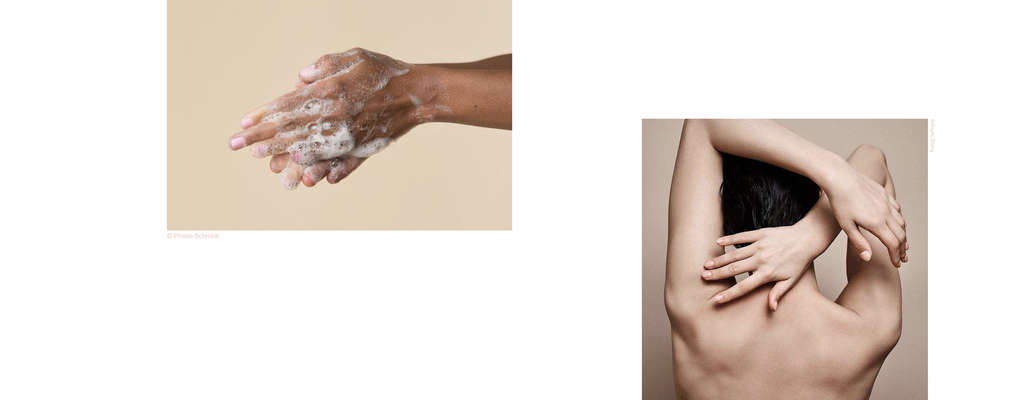
Wellness redefined
The current pandemic makes us collectively experience feelings of anxiety, loneliness, stress, and even depression. All of this has an impact on wellbeing and changed our attitude toward mental health. Market research company Mintel predicts that support for mental health conditions will become an essential part of healthcare. Meditation and other mindful exercises became increasingly popular over the last years and will become as important as physical fitness. It will redefine wellness, according to the market research company. Wellness will move on from pampering and focus more and more on self-care, health (both physical and mental) and happiness. Already spas are offering immersive Virtual Reality experiences to help people relax or sleep.
The pandemic makes us value health and looking for health-boosting products and/or ingredients for better sleep and stress management. Even though superfoods and supplements were already on the radar, these products got a huge boost in recent months. Supplements are certainly not new and have been around for years, but only the last couple of years became increasingly mainstream. The supplement business has moved from pharmacies and health food shops to more prestigious outlets, like niche perfumeries and glamourous online retailers like Sephora and Net-a-Porter. Thanks to a more lifestyle approach consisting of Instafriendly packaging, fun-loving names (“Beauty Dust” sounds a hell of a lot better than L-Arginine or Q10, no?) and major marketing presenting supplements as part of a healthy lifestyle. The coronavirus definitely has accelerated consumer interest in health and natural products that boost the immune system. Retailers across Europe are reporting a big increase in the demand for food supplements, healthy foods and essential oils. Another trend, boosted by COVID-19, that is here to stay.
Eager to know more?
Get in touch!
